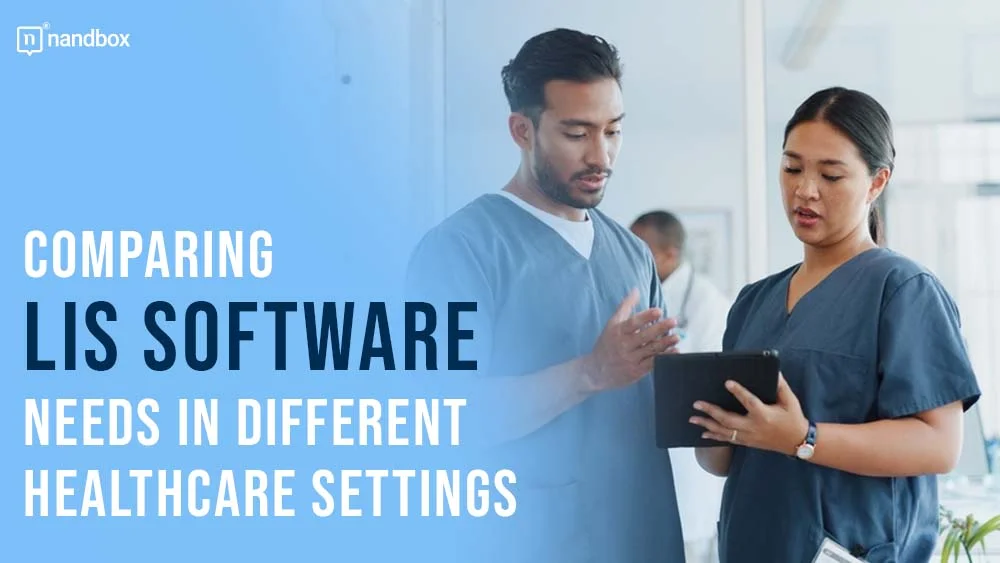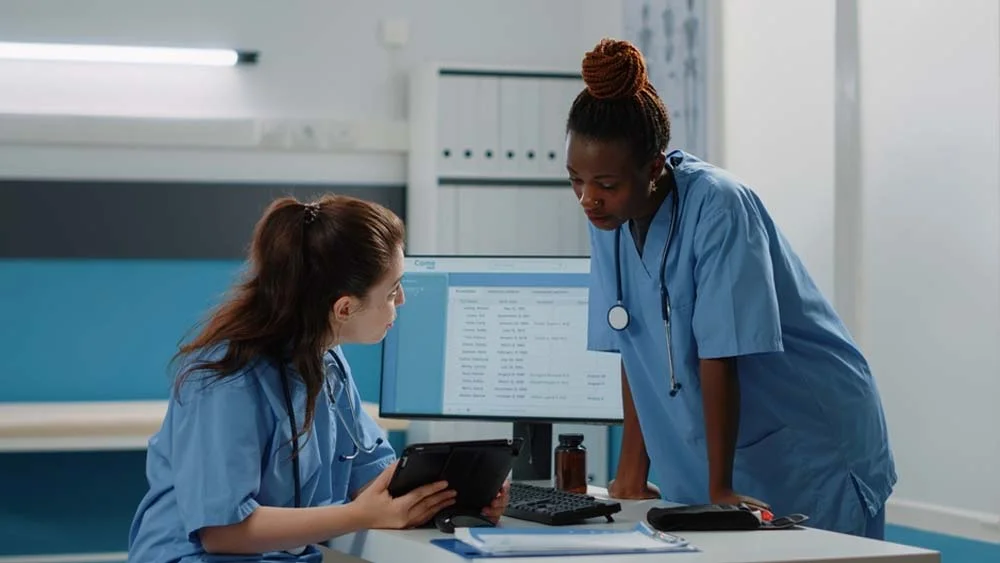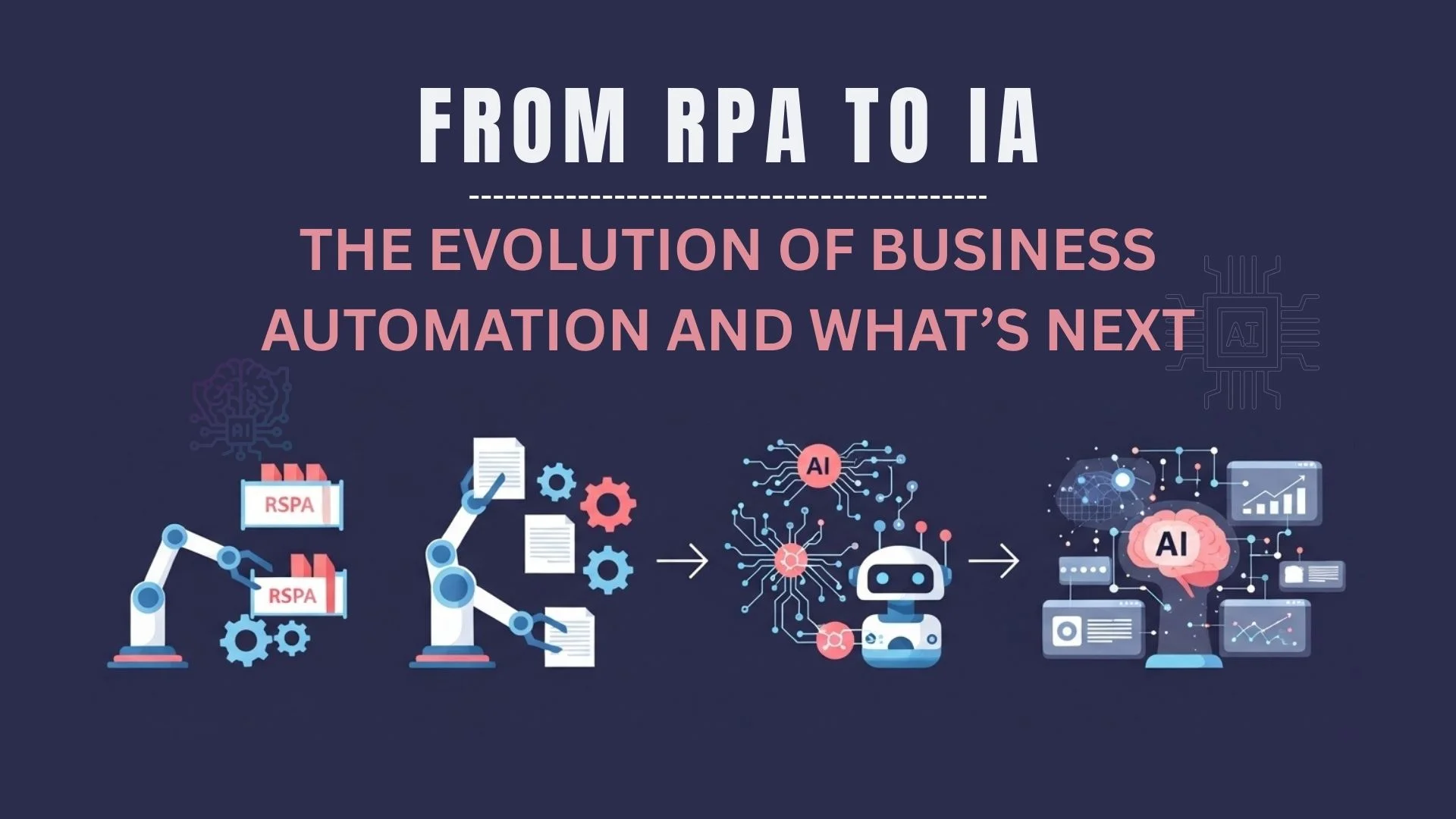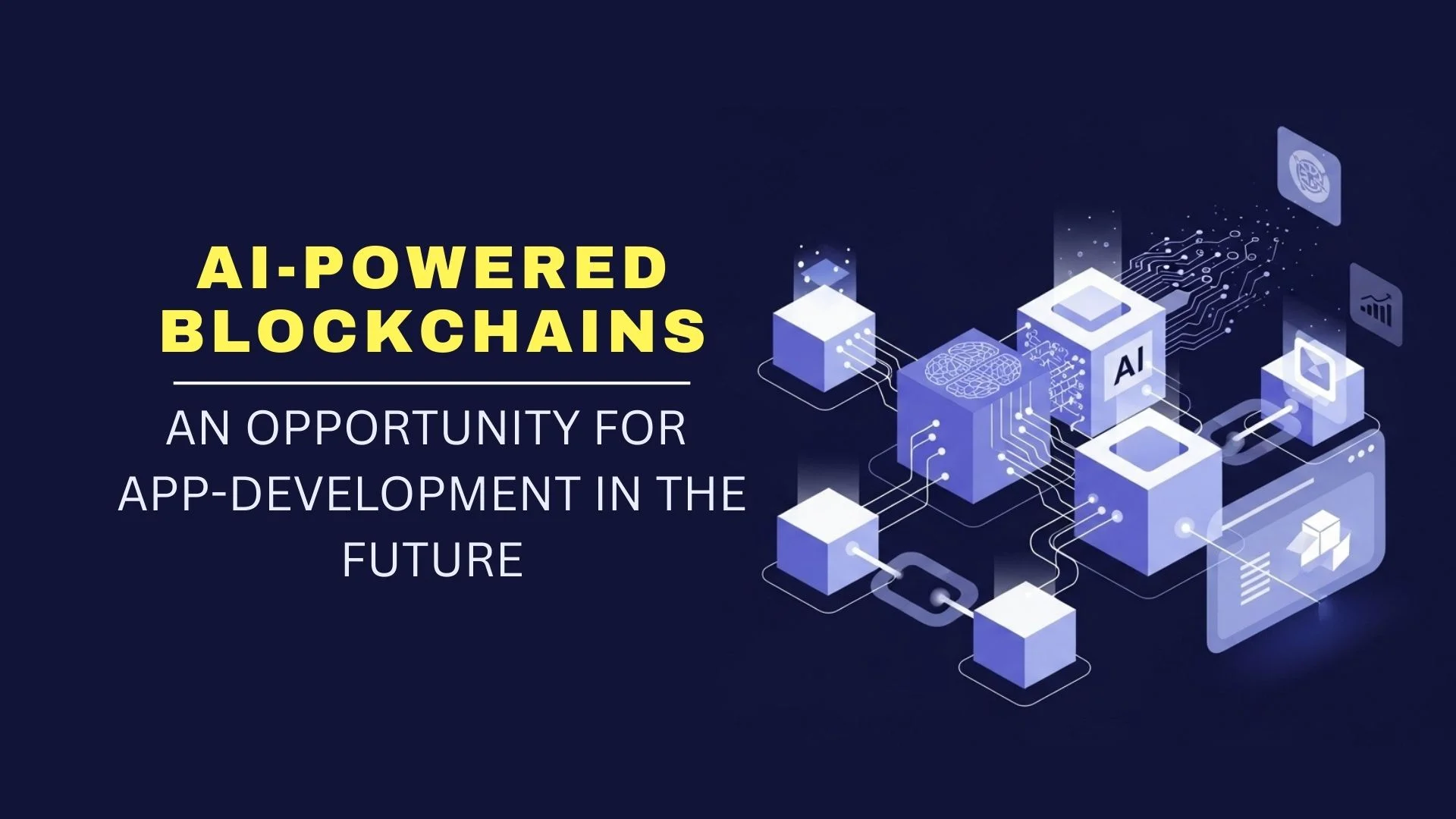Laboratory Information Systems play a huge role in data management in healthcare settings. However, different environments have unique requirements.
For instance, large hospitals need robust LIS to integrate with other systems like EHRs for real-time decision-making. In comparison, smaller clinics can benefit more from a user-friendly, cost-effective system that streamlines all patient data.
This article will examine how LIS is utilized differently in hospitals, private labs, and research facilities. We’ll discuss the distinct requirements of each setting and the challenges and opportunities for efficient data management.
LIS in Hospitals: Handling High Volume with Speed and Accuracy
Hospital laboratories face intense pressure to deliver precise and swift results despite the high volume of daily sample testing and the diverse range of tests required. LIS helps manage these demands efficiently.
By integrating with Electronic Health Records (EHRs), LIS lets healthcare providers see lab results immediately, speeding up diagnosis and treatment decisions. It ensures that a doctor can quickly access lab results within a patient’s electronic health record, eliminating delays associated with traditional methods of result dissemination.
Additionally, hospital laboratories must adhere to stringent regulatory standards set by the CLIA and HIPAA. These regulatory bodies ensure that hospitals are compliant with data handling and reporting standards.
Automation also plays an important role in these settings; automated testing equipment directly feeds data into the LIS, minimizing human error and speeding up the processing time.
In addition, LIS improves collaboration by centralizing data from various departments, such as hematology and microbiology. This results in consistent patient care across all services.
LIS in Private Labs: Client-Oriented Efficiency
Private laboratories focus on profitability. They aim to provide rapid, accurate test results to maintain a strong client base that includes external clinics, physician offices, and other healthcare providers.
These labs prioritize exceptional customer service to enhance the patient and physician experience, so they rely on LIS to effectively support this client-oriented approach.
The LIS in these settings utilizes clear and quick communication by generating customizable, easy-to-read reports tailored to each client’s preferences. It builds trust and boosts client satisfaction, which is crucial for retaining business.
Additionally, it has sophisticated billing and insurance features that streamline invoicing processes. For instance, it can automatically record tests and generate invoices that meet insurance requirements for accurate reimbursement. This functionality helps minimize billing errors and denies insurance claims.
Moreover, many private labs specialize in areas like genetic analysis or toxicology, which require highly customizable systems to manage specialized data and workflows effectively. LIS can support these specialized needs by handling complex data points and maintaining accurate records, such as genetic sequences and family histories.
To stay competitive, LIS can automate key laboratory processes such as sample tracking and test workflows. This allows labs to meet the quick turnaround times expected by their clients. By automating routine tasks, the system allows labs to optimize their workflows and maintain high-quality output.
LIS in Research Facilities: Data Complexity and Collaboration
Laboratory Information Systems (LIS) in research facilities are specifically designed to meet the complex data management needs specific to scientific studies rather than direct patient care.
These systems are essential for managing diverse data types, such as imaging data from MRI scans, genetic information like DNA sequences, and observational data from clinical trials.
For example, an LIS can meticulously track and manage blood samples’ collection, storage, and analysis through various stages of a clinical trial. It also allows for secure storage and easy retrieval of detailed genetic data. This robust data management capability means that researchers can access accurate, high-quality data for thorough scientific analysis.
Additionally, LIS in research settings makes it easy for various institutions, like universities and research centers, to collaborate with its advanced data-sharing tools that maintain data security and integrity. Researchers from different locations can simultaneously work on the same dataset or share results securely.
LIS’s flexibility to accommodate unique research protocols and its ability to adhere to strict ethical and regulatory compliance ensure that sensitive data is handled responsibly.
These systems are essential for allowing researchers to conduct studies effectively, analyze data comprehensively, and contribute to scientific advancements.
Key Takeaways
Although LIS is a standard tool in hospitals, private labs, and research facilities, its implementation varies significantly between settings.
- Hospitals prioritize integration, automation, and multidisciplinary coordination for high-volume data.
- Private labs focus on specialized workflows, billing, and client communication to stay competitive.
- Research facilities require high flexibility, data-sharing capabilities, and support for specialized workflows.
Understanding these differences is essential for developing or selecting laboratory information system software that meets each sector’s specific needs.




